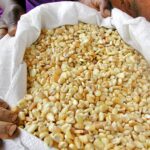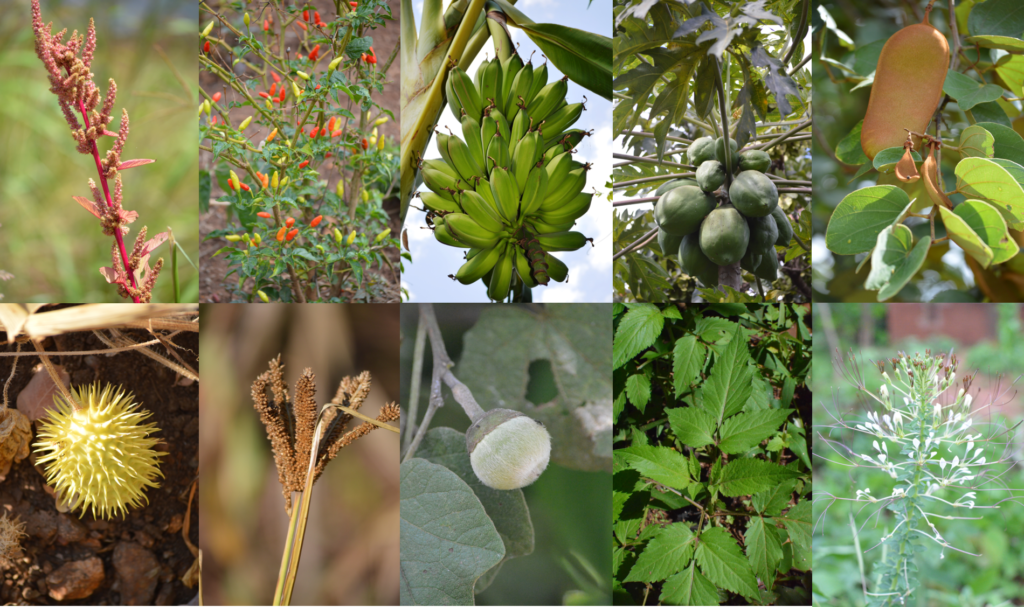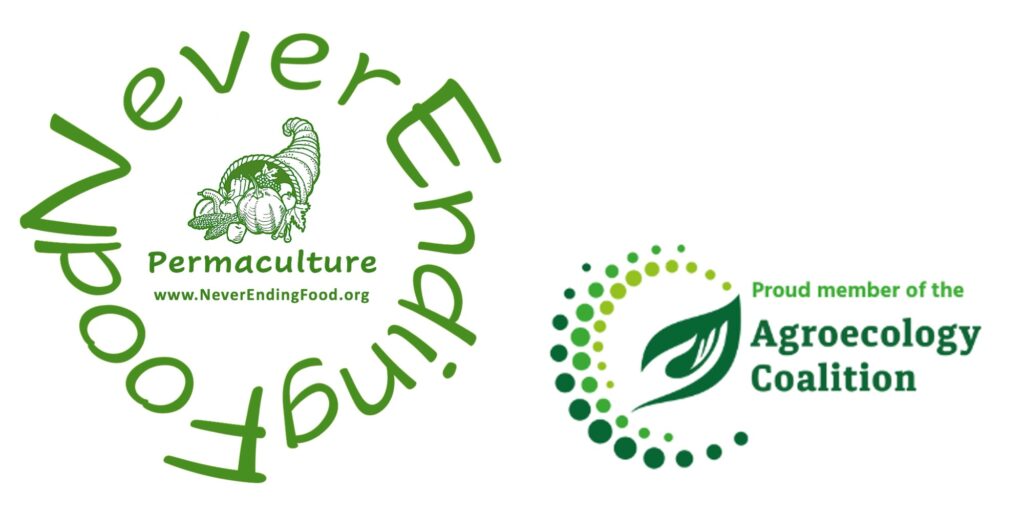
May 25th is a day on which citizens from across the globe have agreed to join together to help raise awareness about the growing concerns linked to the use of Genetically Modified Organisms (GMOs). GMOs refer to the plants and animals that are being genetically engineered by corporations, such as Monsanto, to adapt their traits to suit the needs of an agricultural system that is increasingly being forced towards monocropped, factory-farming, and industrial methods of food production. One of Monsanto’s most influential technologies to date has been the creation of crops, such as corn (maize) and soy beans, that are genetically resistant to the application of Monsanto’s other extremely profitable product–RoundUp herbicide. With crops that are resistant to this herbicide, farmers are finding that they can freely spray RoundUp without the need for cautious and selective application.
Now, after several generations of GMO seeds have been planted, produced, and integrated into our food chain, farmers are finding that certain plants and insects are developing resistance to both the use of herbicides as well as pesticides. This has led to farmers having to increase their dosage of chemical applications, as well as prompting calls for a second-generation of even stronger genetically modified organisms. The consumer pays for these failings through an increased exposure to chemicals on the foods they are eating. So far, the consumer has not been given a choice in the matter as biotech corporations have spent millions of dollars to block the labeling of products which contain genetically engineered ingredients.
While many emotional debates erupt over the ‘safety’ of GMOs, many people have yet to stop and ask the simple question of ‘Do we need them in the first place?’ When we analyze the traits that these plants and animals are being genetically engineered for, we quickly realize that nature already provides solutions to our current problems. The reduction of pesticides is readily attained with the incorporation of organic Integrated Pest Management (IPM) strategies, the reduction of ‘weeds’ is achieved through mixed-crop planting systems that get to know and understand that each and every plant has a place and a purpose.
For example, here at Never Ending Food we have over 200 different varieties of foods growing, along with more than 50 natural medicines, fuel wood, timber, fibers, dyes, oils, and more. With this mindset, we don’t have ‘weeds’, we just have hundreds of useful plants. If the suppression of certain plants is desired it is done through mulching, crop-rotation, hand-slashing or light digging (often performed by animals such as chickens). Permaculture tries to mimic natural ecosystems, so when we come to realize that forests don’t have ‘weeds,’ we need to apply this same thinking to our agricultural designs. Seasonal, mixed-crop, polycultural planting systems are also higher-yielding over time than genetically engineered monocropped systems. You may get less of one plant (like corn), but this is easily made up for through additional yields in a variety of food groups, including: staples, vegetables, fruits, legumes, fats, and animal products. This serves to increase a community’s access to nutrition-security while at the same time protecting the foundations of all stable ecosystems, including: soil, water, seeds, energy, flora, and fauna.

Never Ending Food stands united with the world in sending a message that GMOs are not the path to a sustainable future. Natural solutions abound, but we all need to educate ourselves, get involved, and assume ownership of the integrity of our food supply systems.
